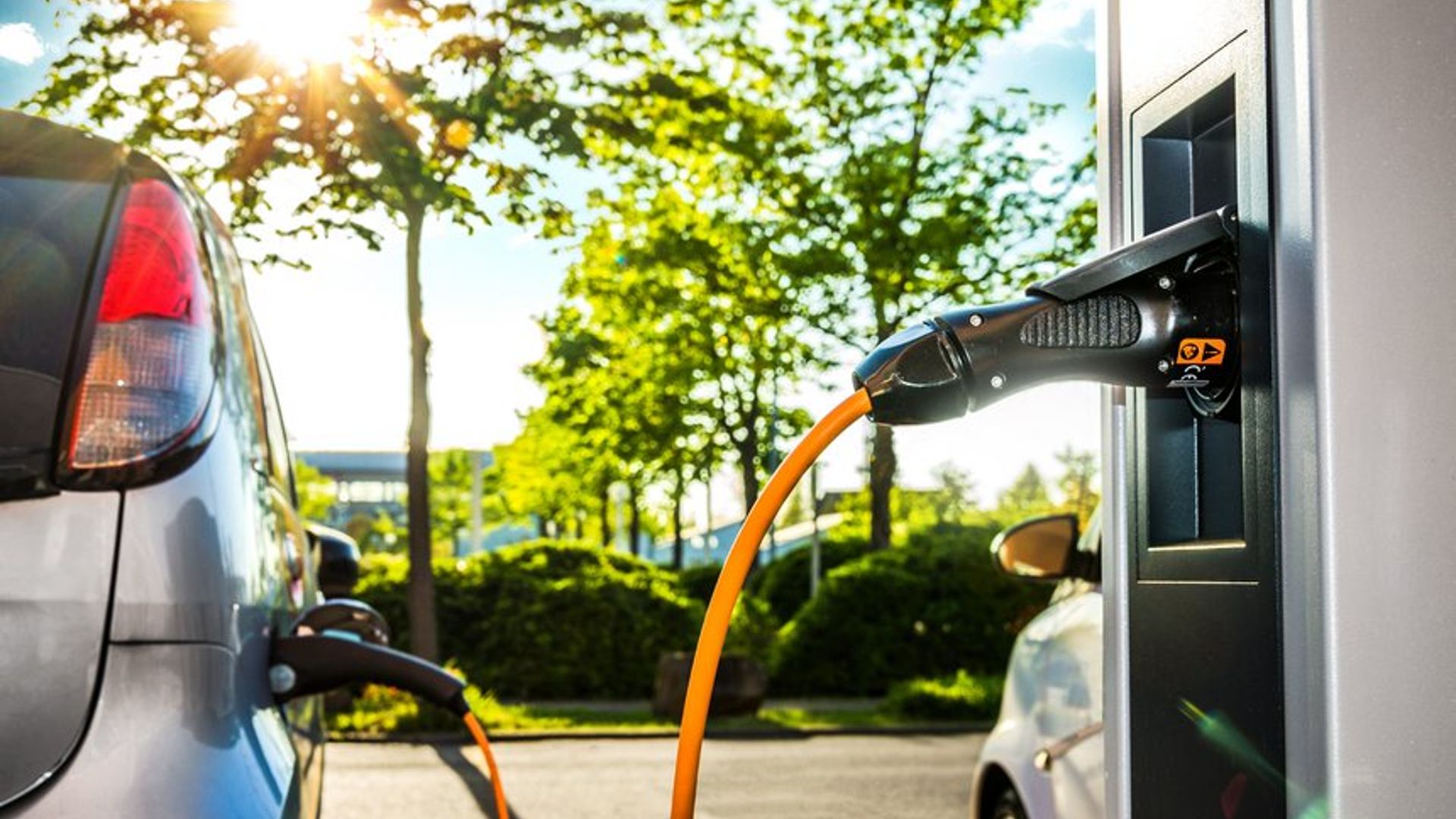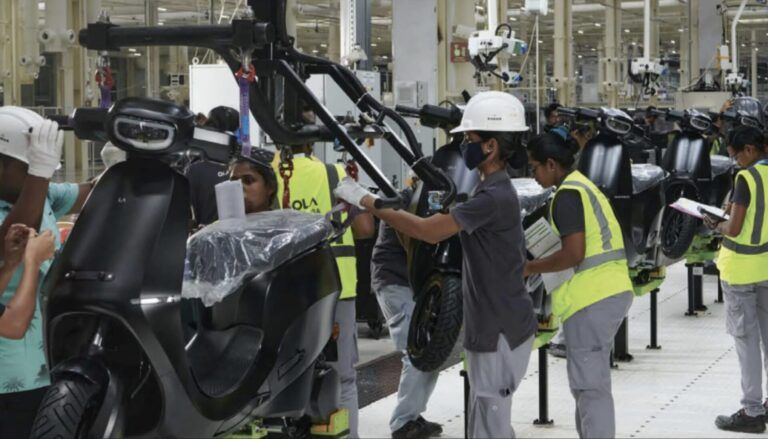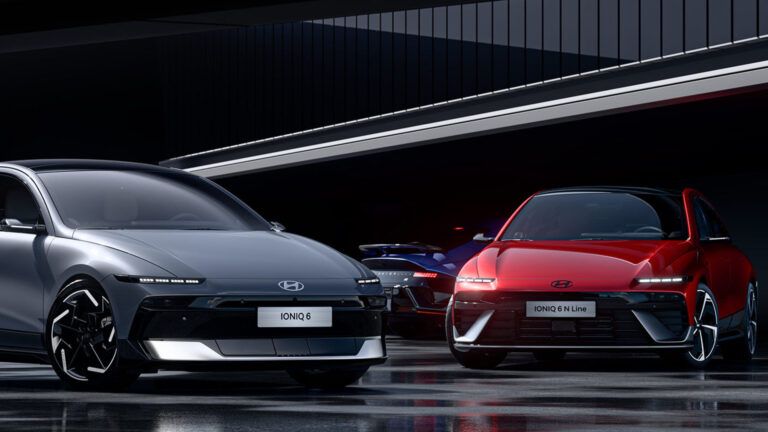Several North Indian states have been experiencing severe heat waves for weeks now. Notably, temperatures have even touched over 50°C in many regions. However, what impact can the heat waves have on the performance of your electric vehicle (EV)?
Most car enthusiasts know that low temperatures can decrease the range of electric cars. Studies have shown that it can reduce the capacity by up to 30%.
But did you know excessive heat can also impact batteries and lead to operational issues? Geotab conducted a study of 6,000 electric vehicles, revealing that hot weather accelerates the deterioration of batteries’ health compared to temperate climates.
Presently, several EV owners, particularly in Delhi, NCR, and nearby states, are noticing a range drop.
An electric vehicle owner reported:
I achieve a range of 340km without using the AC, while on highways, with AC on, the range decreases to around 280km. However, during city drives with AC, I only manage around 175-185km.
This scenario is not unique; numerous other EV owners with different car brands are facing the same issue.
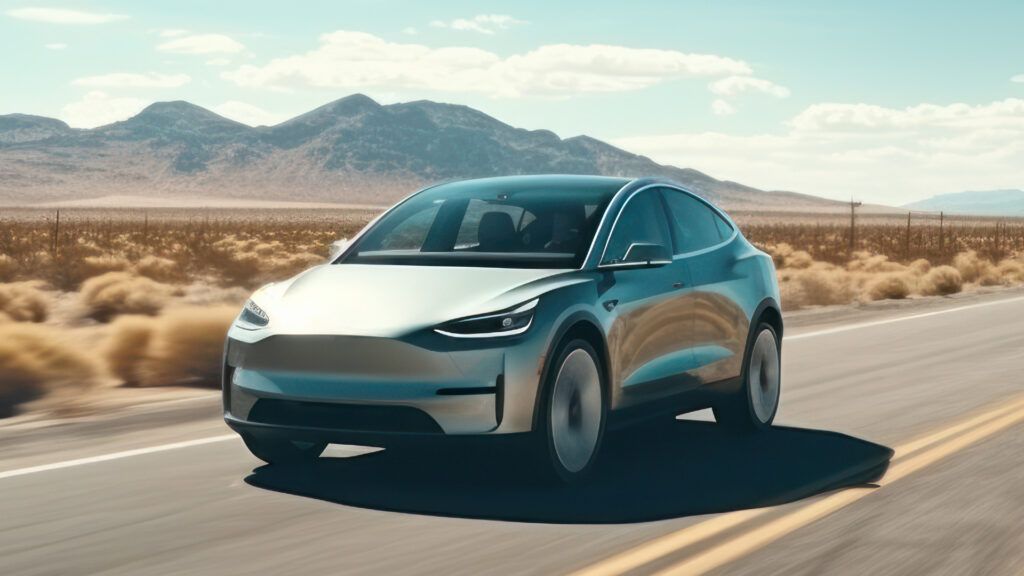
How Does hot weather affect the EV performance?
Hot weather impacts electric car performance in several ways:
- The Battery
Most electric vehicles use lithium-ion batteries, which are sensitive to extreme temperatures. They operate optimally within a range of 20 to 25°C. During summer, prolonged drives at high speeds increase the risk of battery overheating. Moreover, when temperatures exceed 45-50°C, the battery’s electronics degrade faster, decreasing charging efficiency.
- The Motor
Heat can reduce the efficiency of the motor, resulting in diminished electric car performance.
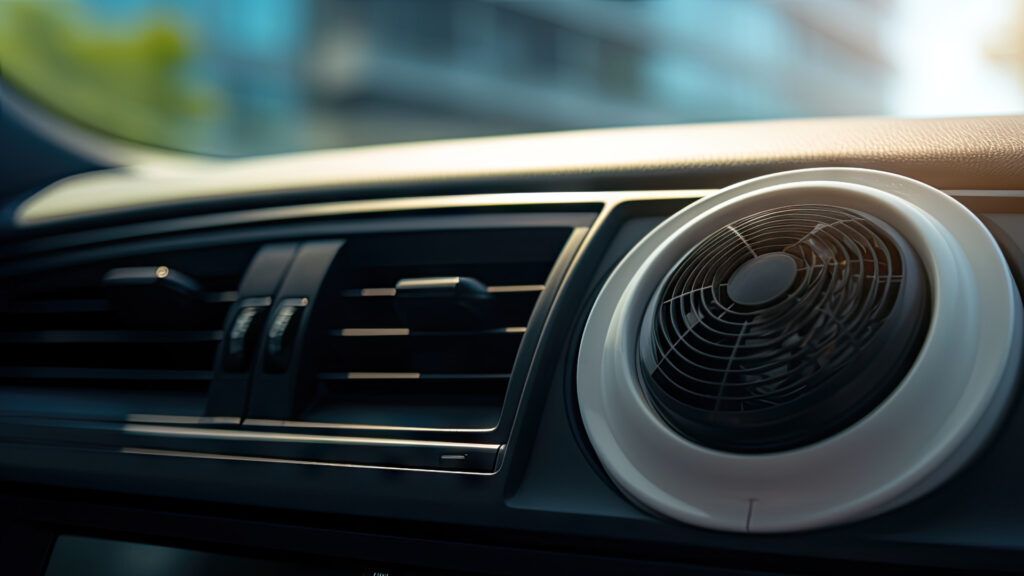
- The Air Conditioning System
During hot weather, the AC works harder to cool the vehicle, leading to a reduced range. For instance, during a 2.5-hour journey covering 200 km in a compact EV, air conditioning at 2 kW can decrease the range by 25 or 30 km.
Notice that this phenomenon varies depending on the quality of your battery. Therefore, maintaining the cooling system of the car battery is crucial, particularly in summer, to help prevent significant reductions in range.
What measures can you take to safeguard your EV during hot weather?
While you cannot control the weather, you can adopt certain habits to mitigate the impact of reduced range and extend the lifespan of your car’s battery as temperatures soar.
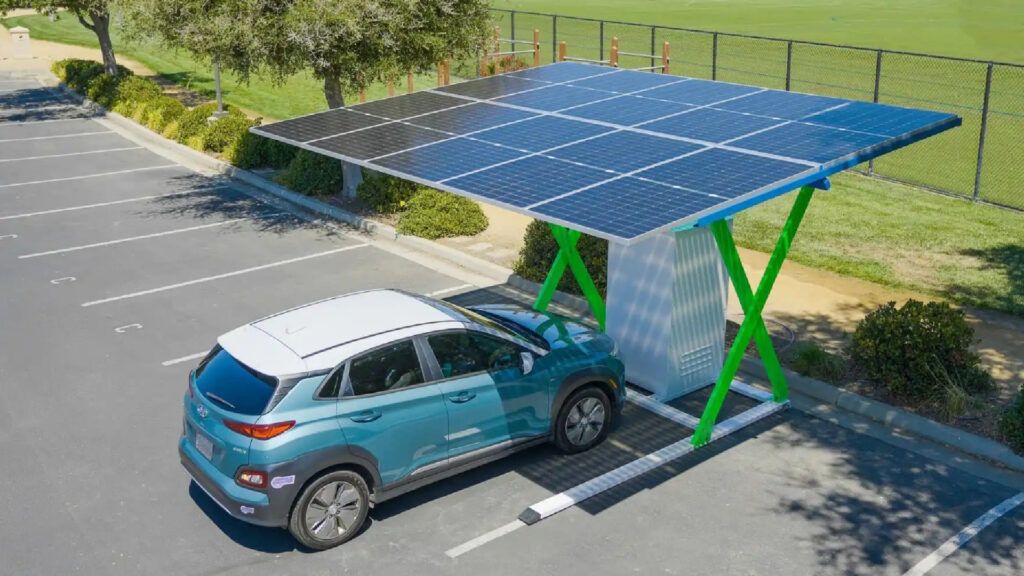
- Parking in the Shade
Heat can affect the battery life of your electric car, accelerating its degradation. In order to minimize the impact of high temperatures on the battery, park your vehicle in a shaded area or a garage whenever possible.
- Smart Charging
Charging the battery to 100% capacity can stress it and lead to degradation. It’s better to charge the battery only up to 80% capacity to prolong its lifespan.

- Preconditioning the Cabin
Many modern electric cars offer a feature for preconditioning the cabin before driving. You can use the car’s app or onboard controls to set a timer, cooling the cabin while the vehicle remains plugged in. This way, you will reduce the battery energy usage to cool the car while driving, ultimately extending the range.
- Checking Tyre Pressure
Ignoring the tyre pressure, especially during hot weather, can impact your EV’s overall performance and efficiency. With rising temperatures, tyre pressure can increase due to air expansion, causing overinflation. Thus, it’s important to regularly monitor and adjust your tyre pressure according to the manufacturer’s recommendations.
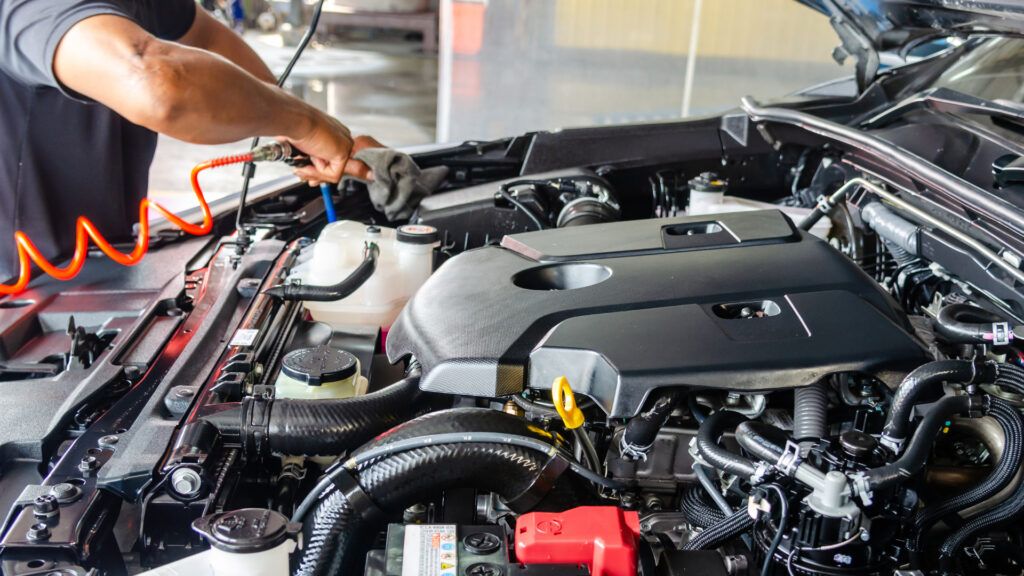
- Regular Maintenance
Regular car maintenance in the hot summer months is crucial. It generally involves inspecting coolant levels, the air conditioning system, and other vital components. Keeping your electric vehicle well-maintained will prevent overheating issues and maximize its performance.
- Avoid Immediate Charging After the Drive
After the drive, the car battery is likely to heat up. Therefore, it’s advisable not to immediately plug it in for charging. Recharge your electric vehicle overnight or in the early morning when temperatures go down.
Wrapping Up
Driving in higher temperatures affects all vehicles. However, for electric cars, this may result in a decrease in range and a reduction in battery capacity over time. But if you follow these suggestions, you can increase the efficiency and performance of your EV during the summer season.

